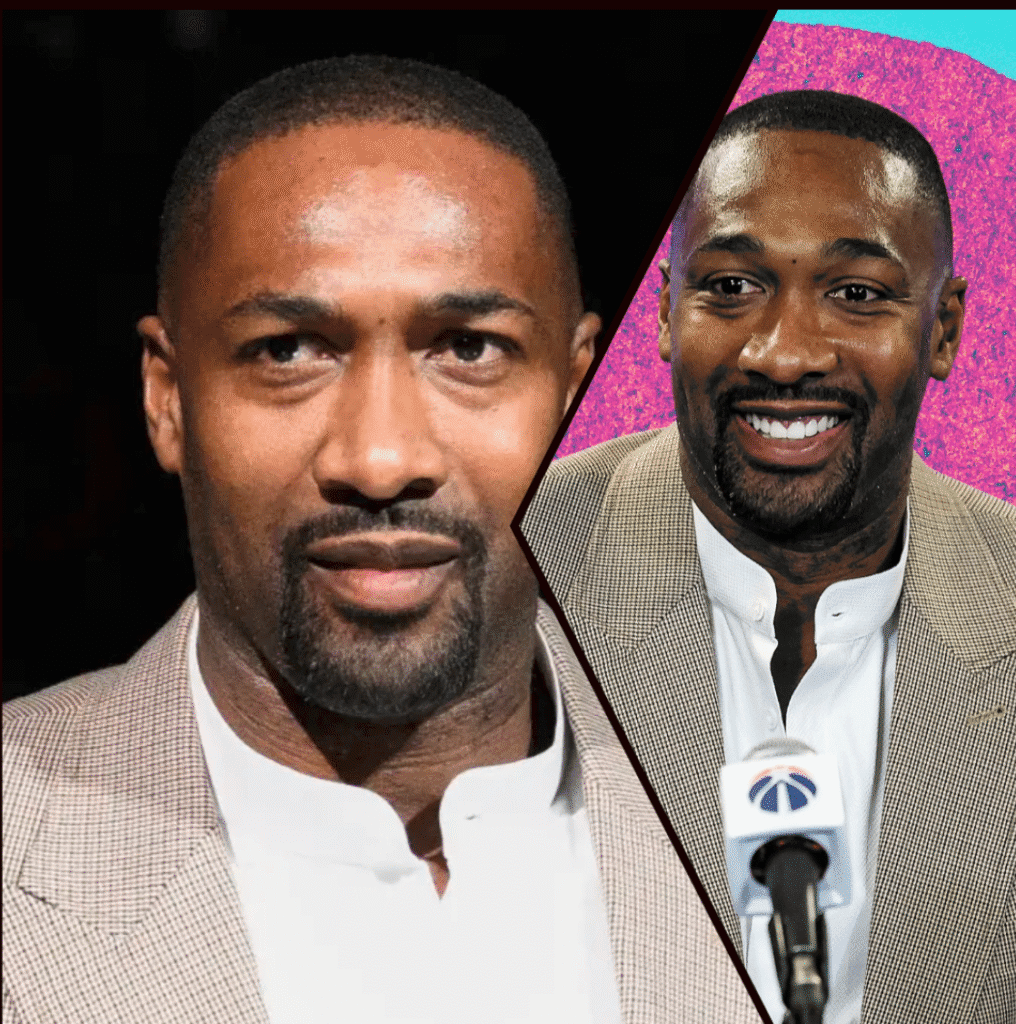Gilbert Arenas, once one of basketball’s brightest stars known as Agent Zero, stunned fans again—this time off the court. On July 30, 2025, federal authorities in Los Angeles arrested him and five others on charges tied to operating a lavish, illegal poker ring out of his Encino mansion. The story reads like something out of a Hollywood script, but every detail has been verified from multiple sources to ensure accuracy.
The indictment, made public the same day, describes how from September 2021 until July 2022, Arenas rented out his home in Encino to host high‑stakes Pot Limit Omaha poker games. He allegedly directed an associate named Arthur Kats to stage the venue, arrange everything from tables to décor, and collect rent from the co‑conspirators who ran the games. That’s where Yevgeni Gershman comes in—a 49‑year‑old man federal authorities believe is tied to Israeli organized crime. Gershman and four others—Evgenni Tourevski, Allan Austria, Yarin Cohen, and Ievgen Krachun—are charged alongside Arenas with conspiracy to operate an illegal gambling business and running that business. Arenas also faces a separate charge of making false statements to federal investigators. If convicted on each count, he could face up to five years in prison per count, though those sentences may run concurrently.

What makes this case surreal are the details prosecutors uncovered. The illegal events were more like luxury casino parties than card games among friends. Staff included chefs, armed security personnel, valets, and young women paid to serve drinks, give massages, and offer companionship. According to court records, those women paid a percentage of their earnings back to organizers as a “tax.” Players were also charged a rake, either a cut of each pot or a flat fee per hand—a hallmark of unlicensed casinos.
In one particularly eerie detail, prosecutors say Kats texted Arenas about startup costs—equipment, tables, chairs—and by December 2021, Arenas allegedly even directed that some of the rake should be given to the mother of a deceased former lover. That same winter, text messages reportedly showed a poker table stamped “ARENAS POKER CLUB” and a jersey with his name and number “0.” By mid‑2022, one game hosted more than 26 players and over a dozen staff members, including armed guards.
Arenas has pleaded not guilty. He was arraigned in federal court in downtown Los Angeles wearing red basketball shorts and a shirt reading “just grind.” He was released on a $50,000 bond, and his trial is set to begin September 23, 2025.

For longtime fans, this latest legal drama ties back to Arenas’s past controversies. He was previously suspended by the NBA after a 2009 locker‑room incident involving teammate Javaris Crittenton drawing guns during a card game dispute. That led to a felony charge, probation, and 30 days in a halfway house. His career spiraled afterwards, and he retired from the NBA in 2012, playing one final season overseas before turning to podcasting and analysis work.
Still, nothing quite prepared the public for the scale of what prosecutors allege happened. Fans who once cheered his on‑court heroics now find themselves asking how a former star could allegedly oversee something that one Reddit commenter summarized bluntly as “going full‑scale blackjack and hookers.” Others noted that the moment you take a rake on a poker game, legally you’ve crossed a line into running a gambling business Reddit.
Adding more intrigue, one Reddit thread speculated about a possible link to the disappearance of a West L.A. mother in October 2021. That case remains unsolved, but investigators told NBC‑Los Angeles that some members of the same organized group tied to the gambling ring were allegedly involved in an apartment where the woman was last seen. Nothing has been confirmed, and no arrests made, but the overlap of people reportedly involved has sparked speculation Reddit.

Now, the charges are still allegations. Arenas and all co‑defendants remain presumed innocent until proven guilty in court. But the indictment gives a detailed picture of allegedly highly organized, court‑style gambling taking place behind closed doors in his home. The federal investigation involved multiple agencies including Homeland Security Investigations, the LAPD’s transnational crimes section, and IRS Criminal Investigation, with prosecution led by the U.S. Attorney’s Office’s Transnational Organized Crime Unit in Southern California.
Emotionally, it’s a complicated moment. Fans remember the scorer who could heat up a game and fill arenas. Yet here he is, entangled in a scheme that prosecutors paint as a mini-casino inside his own house. His transformation from hardwood hero to podcast host to defendant in a federal gambling case shows how life’s trajectory can twist unexpectedly. For those who followed him, there’s a bittersweet feeling: admiration turned to shock, legacy turned to court files.
Whatever the verdict, this saga underscores the unglamorous consequences of stepping into gray zones of legality. It’s also a reminder of how public figures can become characters in narratives far bigger than sports—stories of power, responsibility, and missteps. And for many watchers, the question now is simple: how did it come this far?